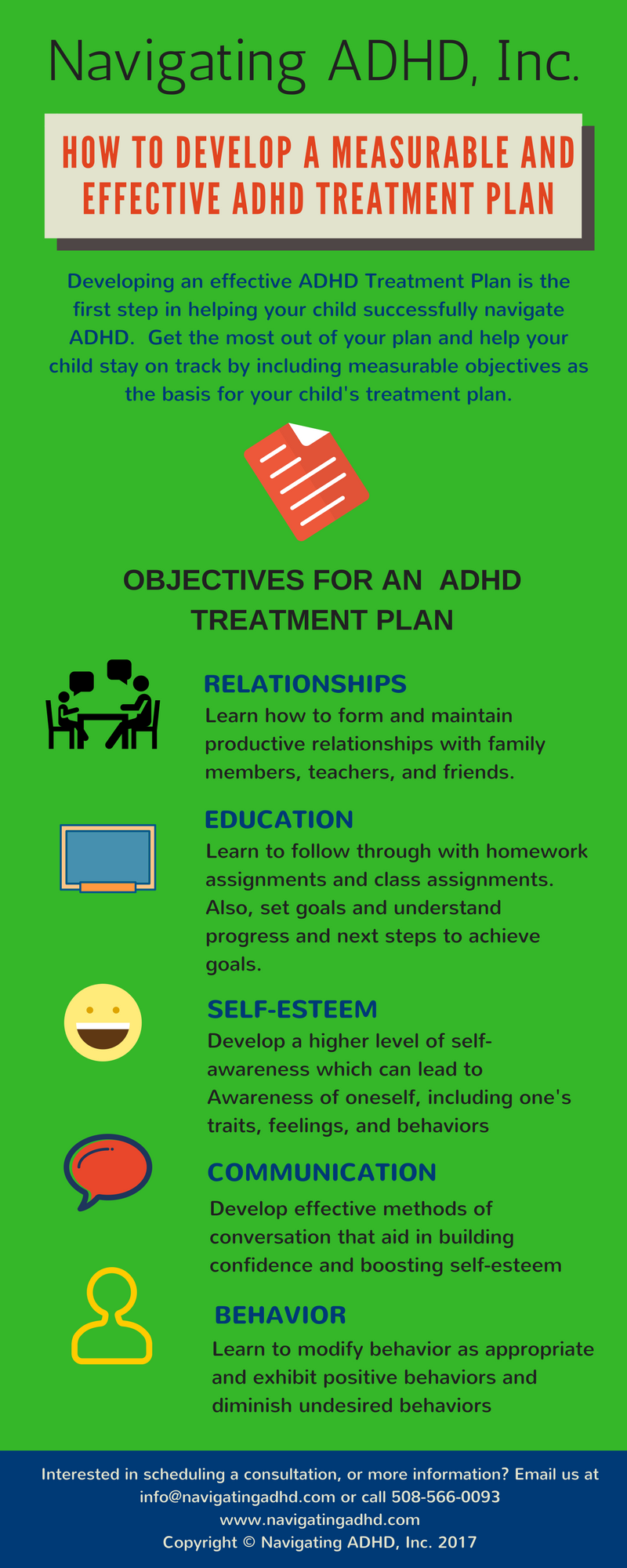Checking Out Effective ADHD Therapy Choices for All Ages
The intricacies of Focus Deficit Hyperactivity Condition (ADHD) present special obstacles throughout various age groups, necessitating a detailed expedition of reliable therapy alternatives. A mix of behavior therapies, pharmacological interventions, and lifestyle modifications has revealed assurance in addressing the diverse needs of individuals with ADHD.
Comprehending ADHD and Its Influence
Attention-Deficit/Hyperactivity Problem (ADHD) is a neurodevelopmental condition characterized by persistent patterns of inattention, attention deficit disorder, and impulsivity that can significantly impact various aspects of an individual's life. It typically manifests in childhood years, although signs and symptoms can linger right into their adult years. The core signs of ADHD can disrupt educational performance, hinder social communications, and make complex job-related ventures.
Individuals with ADHD typically deal with maintaining emphasis on jobs, organizing tasks, and following up on instructions, which can bring about academic underachievement (Depression Treatment). In social contexts, impulsivity may lead to difficulties in creating and maintaining relationships, as people may disrupt conversations or make hasty choices without considering effects
In addition, ADHD can co-occur with other psychological health conditions, such as anxiousness and depression, better making complex medical diagnosis and treatment. The irregularity in signs and symptom presentation implies that ADHD can influence individuals in different ways, demanding a customized strategy to management. Comprehending ADHD's complex influence is important for creating effective methods that sustain individuals in navigating daily obstacles and attaining their potential. Comprehensive awareness of ADHD's nature and ramifications lays the foundation for discovering suitable treatment choices tailored to every person's demands.
Behavioral Therapies for ADHD
Numerous behavior modifications have been established to efficiently deal with the challenges connected with ADHD, focusing on modifying particular behaviors and fostering essential skills. Among one of the most identified techniques are cognitive-behavioral therapy (CBT), parent training, and social skills training.
CBT aids individuals identify and transform unfavorable thought patterns and behaviors, promoting a much more positive outlook and boosted self-regulation. This treatment commonly includes useful approaches for managing impulsivity and improving organization. Parent training programs encourage caretakers by equipping them with methods to strengthen favorable actions and established regular limits, which can be specifically useful for children with ADHD.
Social abilities training is one more vital element, teaching people with ADHD how to connect properly with peers - Depression Treatment. This method often involves role-playing and responses to enhance interaction, teamwork, and problem resolution skills
Including these behavior modifications into a comprehensive therapy strategy can substantially improve working and quality of life for individuals with ADHD. Inevitably, the effectiveness of these treatments depends on tailored strategies that consider the one-of-a-kind needs of everyone, thereby promoting strength and flexibility in life.
Drug Options Available
For many individuals with ADHD, medicine can play a substantial role in handling signs and symptoms and enhancing total functioning. Both key categories of medications recommended for ADHD are energizers and non-stimulants.
Stimulants, such as methylphenidate and amphetamine-based medicines, are one of the most generally used treatments. These medications function by increasing the levels of natural chemicals, specifically dopamine and norepinephrine, in the brain, which helps improve focus and minimize impulsivity and hyperactivity. They typically produce fast outcomes, making them a preferred option for numerous individuals.

It is necessary for doctor to perform an extensive assessment to establish the most proper medicine based upon private requirements, clinical background, and possible adverse effects. Normal follow-up dr manoj bhatawdekar and monitoring are additionally important to make certain the performance of the selected treatment and to make any needed adjustments.
Way Of Life Adjustments to Consider
Taking care of ADHD properly prolongs past medicine, as way of life modifications can substantially improve general wellness and sign control. Integrating these details structured routines is important; regular timetables aid people with ADHD manage their time efficiently and reduce feelings of overwhelm.
Regular exercise is an additional vital element. Exercise not only aids to enhance focus however also boosts state of mind and reduces stress and anxiety degrees. Activities such as yoga exercise or group sports can be particularly beneficial, advertising both fitness and social communication.
Nourishment also plays a pivotal duty. Depression Treatment. A balanced diet abundant in omega-3 fatty acids, entire grains, and lean healthy proteins can add to boosted focus and cognitive feature. Restricting sugar and processed foods is suggested, as these can worsen hyperactivity and impulsivity
Rest health is crucial for handling ADHD signs and symptoms. Establishing a normal sleep timetable and creating a restful environment can improve sleep high quality, leading to much better focus and emotional guideline.
Different and Alternative Approaches
Alternate and all natural strategies to ADHD treatment supply a diverse variety of alternatives that enhance traditional techniques. These approaches frequently concentrate on way of living modifications, dietary interventions, and restorative techniques that intend to boost overall well-being while dealing with ADHD signs.

Mindfulness and behavior modifications are also acquiring grip as alternative interventions. Practices such as yoga exercise, meditation, and cognitive-behavioral treatment can cultivate self-regulation and boost interest. These techniques support psychological strength, which is especially helpful for individuals with ADHD.
Organic supplements, such as ginkgo biloba and ginseng, are occasionally explored; nevertheless, it is vital to consult health care experts prior to including these into therapy plans. While choice and holistic approaches can offer important assistance, they ought to preferably be made use of in conjunction with evidence-based therapies to accomplish optimum results for taking care of ADHD throughout any ages.
Conclusion
In summary, reliable ADHD therapy necessitates a thorough method that includes behavior modifications, medication, way of living alterations, and holistic techniques. visit Customized treatments can dramatically improve people' working and lifestyle, while ideal medication makes certain ideal sign administration. Embracing structured regimens, involving in regular physical activity, and practicing mindfulness can enhance emotional guideline and interest. This diverse approach underscores the significance of individualized care in dealing with the diverse demands of people with ADHD across all age groups.